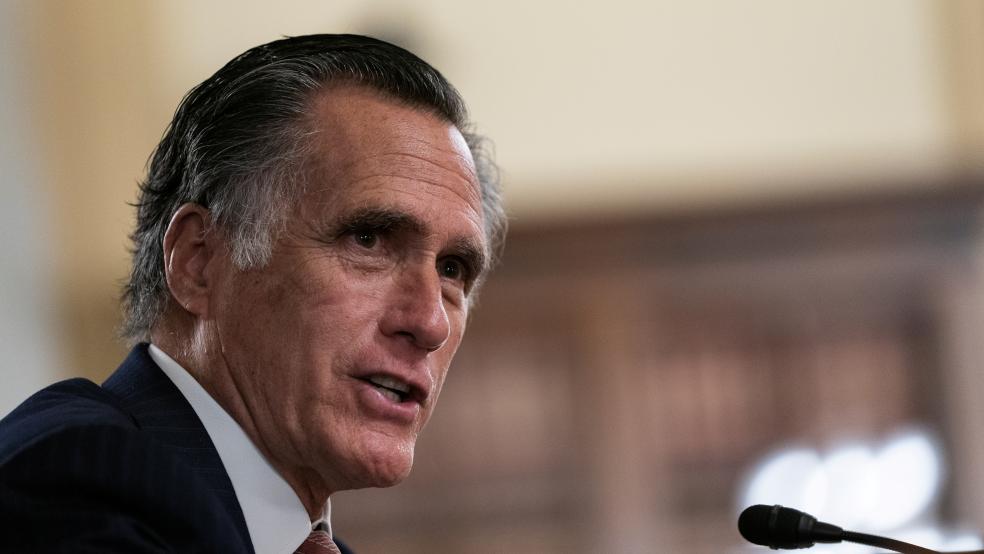Republican senators involved in bipartisan infrastructure talks said Thursday that they had reached agreement on a plan that would spend a fraction of the roughly $4 trillion proposed by President Joe Biden and pay for it without the tax increases Biden has proposed.
The deal comes just days after the president ended stalled talks with a separate group of GOP senators. The bipartisan group of 10 senators did not detail its proposal, but it had reportedly been considering a package totaling about $900 billion. Senators familiar with the deal say that it calls for a total investment of $1.2 trillion, including nearly $600 billion in new spending, according to The Hill. Both the total spending and new money appear to be higher than under plans proposed by Republicans negotiating with the White House — but lower than the funding Biden had sought.
The details of the plan — and proposals for how to pay for it — could also still face resistance from the White House or other lawmakers.
“Among the ten of us there is a tentative agreement on a framework but obviously there’s a long ways to go. I would not say that we have the leaders on board or we have started negotiating with the White House but I think having 10 senators come together and reach an agreement on a framework is significant,” Sen. Susan Collins (R-ME), a member of the group, said, according to The Hill.
Another member, Sen. Mitt Romney (R-UT), said the group was still in the middle of the process: “We have a tentative agreement on the pay-fors, yes, but that’s among the five Democrats and the five Republicans. It has not been taken to our respective caucuses or the White House so we’re in the middle of the process. We’re not at the end of the process, not at the beginning but we’re in the middle.”
A gas tax increase: Among the pay-fors reportedly included in the deal is the indexing of the gas tax to inflation. The tax, 18.4 cents a gallon, has not been raised since 1993, but the White House has objected to an increase, saying that it would hit lower-income Americans. A gas-tax hike could violate Biden’s pledge not to raise taxes on Americans making under $400,000 a year. Some Democratic lawmakers also oppose the idea.
Sen. Bill Cassidy (R-LA), another member of the bipartisan group, reportedly said that the emerging deal diverged from Republican proposals presented to Biden in a way that could help win the White House’s support — namely, that it includes energy provisions the president wants. “We have an energy section in ours that in my conversation with the president said he really wanted,” he said.
The bottom line: It’s progress, but there’s still a long way to go.
Budget
Bipartisan Senate Group Reaches Infrastructure Deal

Alex Edelman/Pool via Reuters




